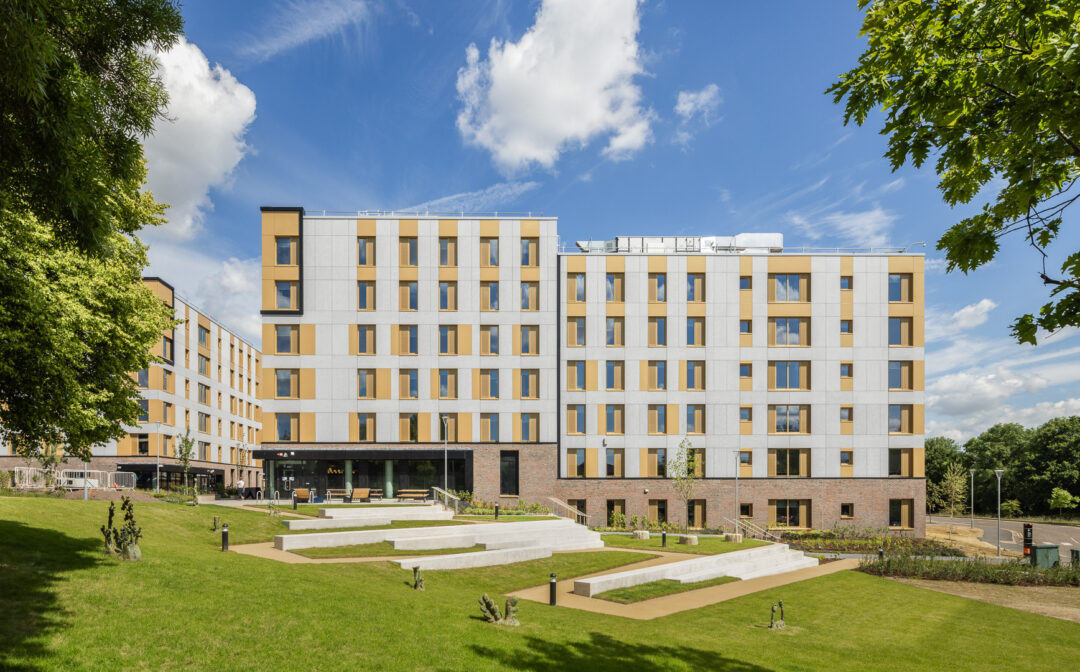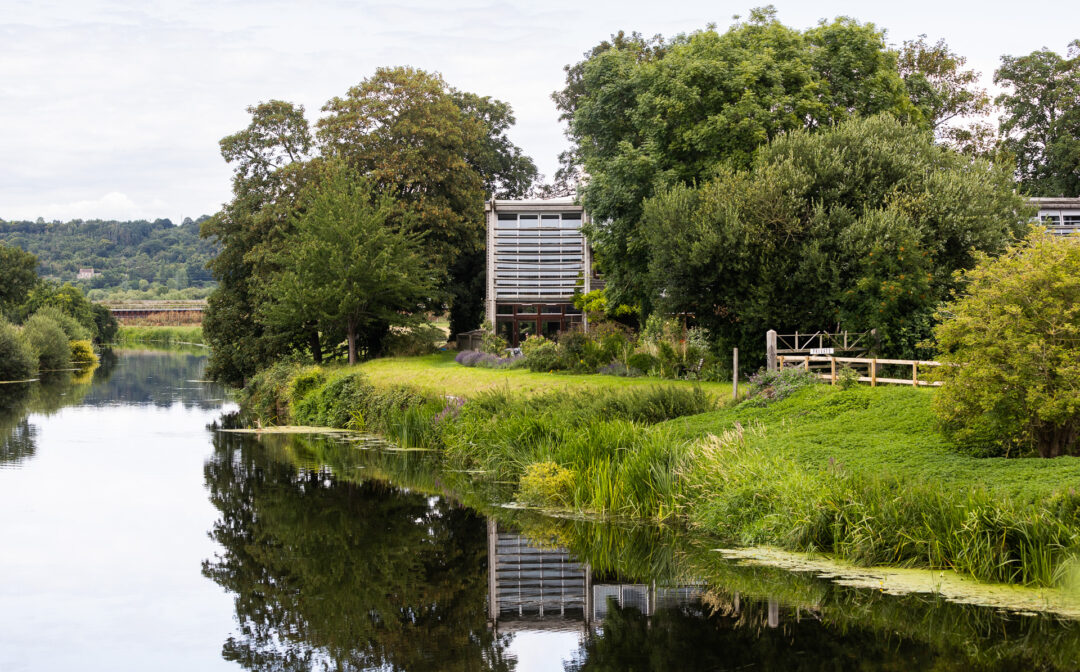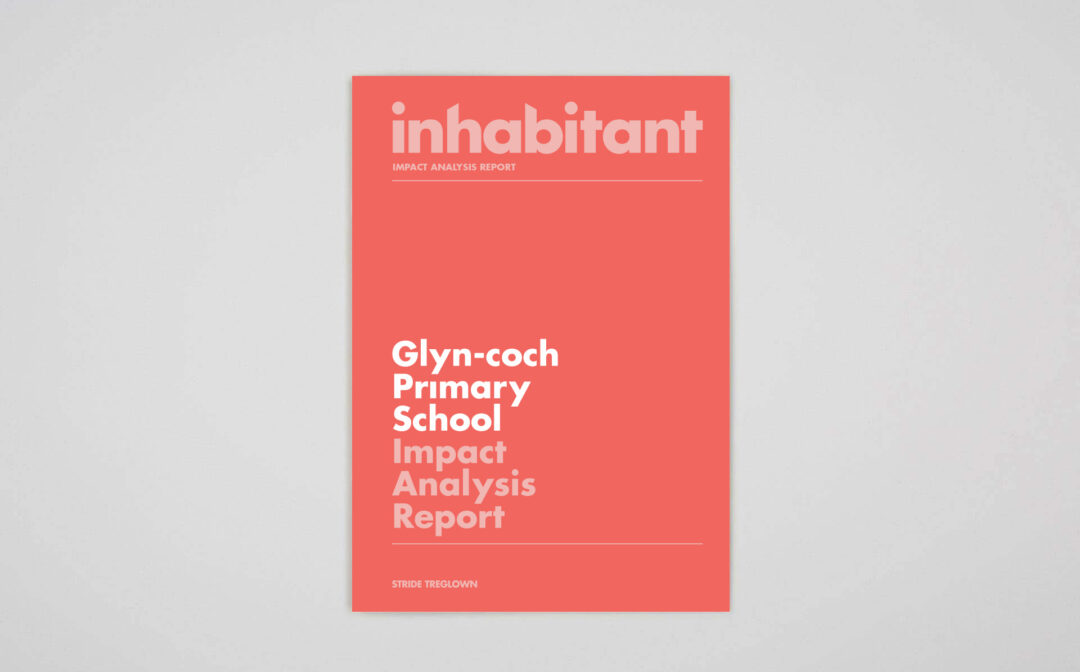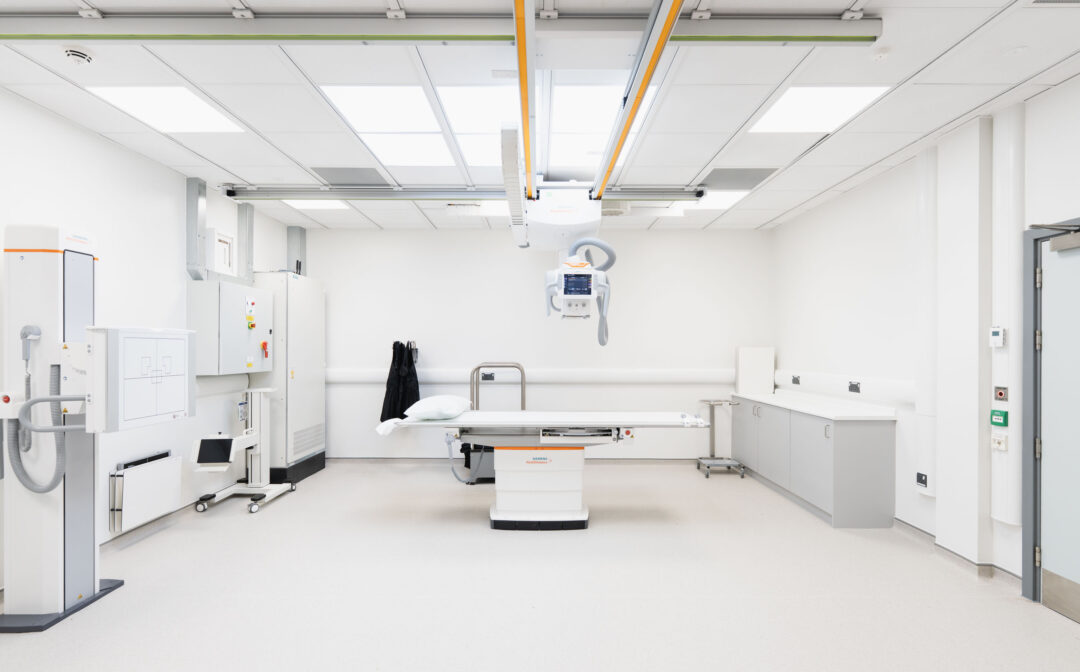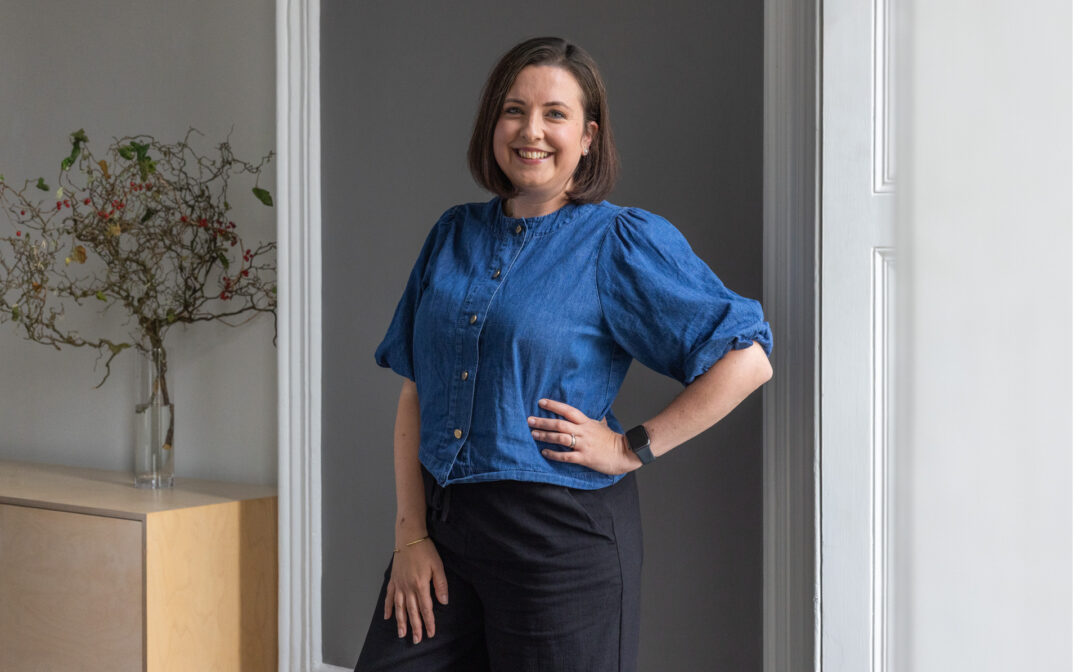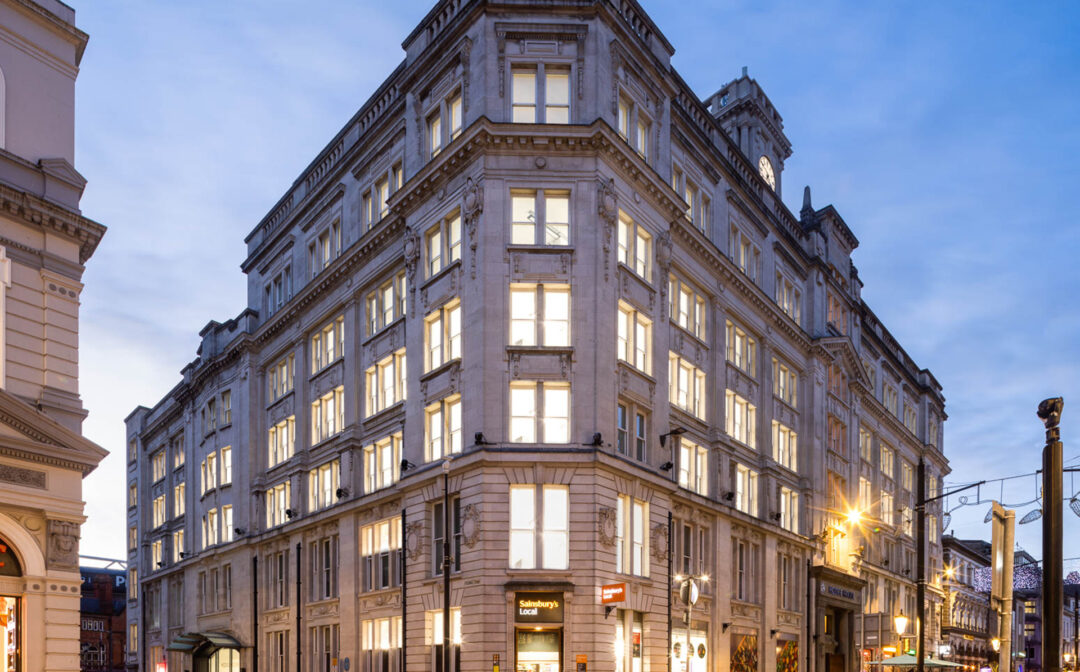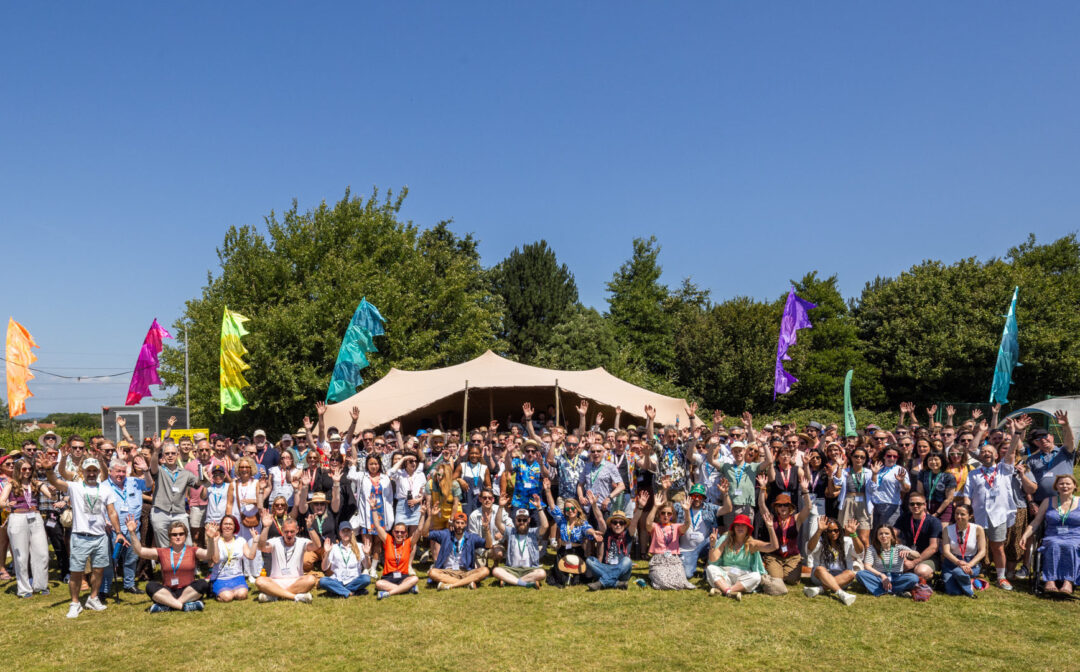Reduce first, offset last.
As a company of 350 staff we recognise that we have a significant impact on our environment.
For several years we’ve been actively implementing measures to reduce our carbon footprint.
Our journey to this point has required commitment from all areas of our business, joining to drive down our emissions in a sustainable and responsible way. We have taken great steps to reduce first and offset last, so that change is both enduring and genuinely transformational.
We have achieved our carbon neutral status through a culmination of changes made to our working practices and offices. Significant reductions in our energy consumption – including refurbishment of offices with incorporation of renewables, changing to low energy lighting and lower energy office equipment – have been implemented and we have transferred most of our utilities to green tariffs.
We’re proud to say our data has been independently verified by The Future Economy Network and we have signed the United Nations’ Climate Neutral Now Pledge which, much like our B Corp certification, is an ongoing commitment to measure, reduce, contribute to, and report on future progress.
Best Practice
When businesses declare that they are carbon neutral this typically means that they have offset their scope 1 and scope 2 emissions. Best practice is when companies take a scope 1-2+ approach, which means that both scopes 1 and 2 are offset with certain scope 3 emissions cherry picked and included in the offsetting. We have gone further and included all scope 3 emissions, with the exception of purchasing, in our calculations. Purchasing includes emissions from sub consultants and therefore raises disputes as to whom the carbon belongs to.
Responsible offsetting
We have chosen to directly offset our remaining carbon through Trees for Life, a UK based organisation accredited by the Woodland Carbon Code, which for tree offsetting schemes is equivalent to gold standard. Our trees will help enable the restoration of the globally unique Caledonian Forest, which once covered much of Scotland.
Working together
We know our industry is significantly responsible for the ongoing climate and ecological emergencies. Manufacture of components and the construction and use of buildings contributes to accelerating climate change, environmental degradation, and species loss.
We are owning our impact on the planet. We hope that our action helps inspire other companies to do the same.
Our carbon journey

Caroline Railston-Brown, Senior Sustainability Consultant:
“After offsetting over 322 tonnes of carbon from our location based scope 1 and 2++ carbon footprint, this is the first year that Stride Treglown is operationally carbon neutral. Whilst that is something to celebrate, we’re committed to further reducing our carbon footprint year on year by targeting 100% use of renewable electricity by 2025.”
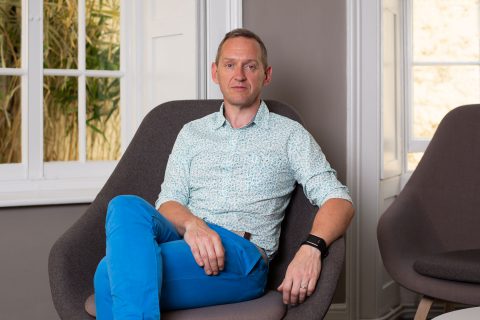
Robert Sargent, Director & Member of Future Working Group:
“Travel accounts for a significant proportion of our carbon footprint. Most of it relates to project and inter office communication. The pandemic lockdown has shown us that we can reduce this impact. We can and will control our own internal movement through the use of virtual get togethers. To encourage low carbon car travel, we have created an electric car salary sacrifice scheme and are currently investigating EV car hire opportunities. We are continuing to review all our office’s active transport facilities. But – and it’s a big but – we need the whole industry to support a travel-less project policy. Join us in combating bad habits, limiting business travel, and using the time to get active from home.”
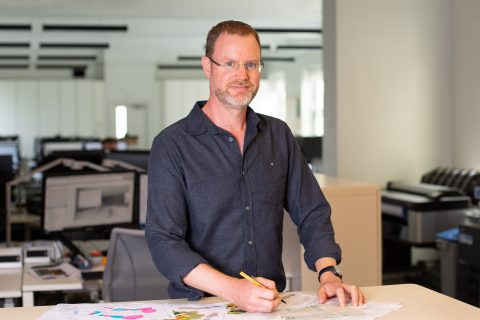
Robert Delius, Head of Sustainable Design:
“As designers, we have a huge opportunity to be a positive force for good for the environment through our work. Recent times have shown that change is possible and that there is a strong appetite for a sustainable recovery. It has also focussed our resolve to use our position to promote, in the words of Architects Declare, ‘a paradigm shift in our behaviour’. This is why we have accelerated our journey towards carbon neutrality and why we are inviting our clients, contractors, consultants, colleagues and collaborators to work with us to deliver more environmentally positive projects.”

Michela Ravaglia, Associate Architect & Passivhaus Designer:
“Achieving carbon neutrality is one of many steps we are taking to embrace the net zero carbon agenda. As designers, our main focus currently is to upskill our workforce and support our clients to understand and adopt a sustainable approach to designing, delivering and using buildings. We are passionate advocates for Passivhaus and low carbon design and are proud to be leading innovative projects such as Gwynfaen and UWE’s Low Carbon Residences. By engaging and collaborating with the wider industry, we designers have an opportunity to challenge conventionality and actively influence future legislation to ensure a greener future for all.”

Rob Wheaton, Senior Associate Architect & Passivhaus Designer:
“The route to net zero carbon demands a holistic view of the carbon impacts of our buildings. It means consideration of the implications of material selection, construction, energy, maintenance, and use beyond end of life. Recognising this, we are committed to strengthening our working practices to create architecture and urbanism that has a more positive impact on the world around us. We have been investing in the tools and advanced training to begin that transformation now. Through Passivhaus, Life Cycle Assessment or Building with Nature methodologies we can measure the quantitative impact enabling us to design demonstrably higher quality places for people and the planet.”

Karyn Williams, Senior Associate Technologist & Leader of the Social Value Group:
“Taking care of our environment and working collaboratively to safeguard our planet’s future are key drivers for both our B Corp certification and our social value aspirations, at project and business operation levels. Decarbonisation targets are clearly defined mechanisms within both assessment methodologies which work towards achieving a globally responsible future. Key drivers and assessment criteria ensure we, as designers, remain accountable and promote and deliver opportunities which positively reduce carbon.
Focusing on carbon reduction programmes, prioritising the use of renewables, utilising responsible, sustainable resources and energy, reduction in waste and considering modern methods of construction, and carbon certification/offsetting are all ways in which our B Corp and social value frameworks define environmentally responsible practice. We are committed to deliver a pathway to decarbonising our world for future generations.”
For more information, please look at our latest Environmental Report.
